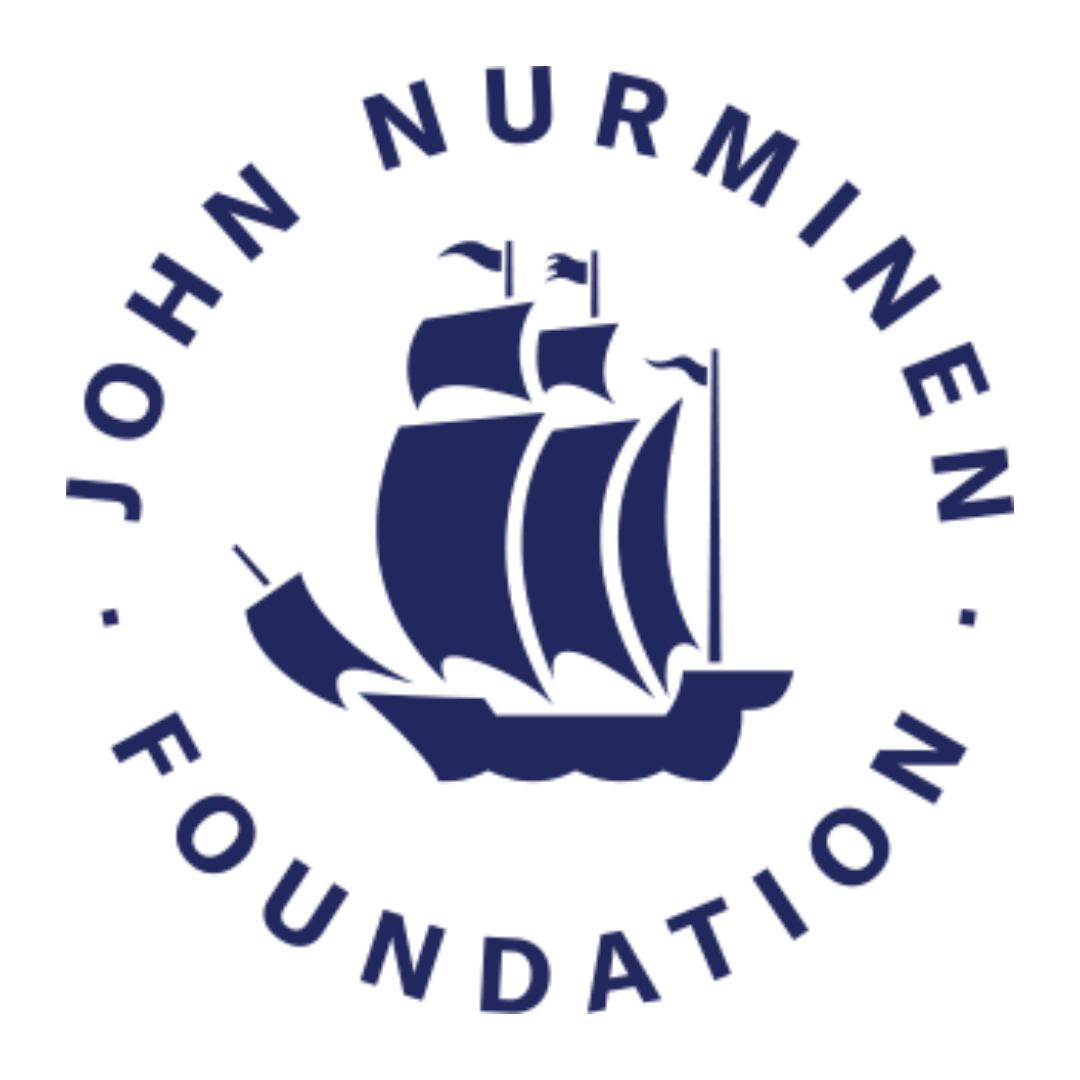Innovative Swedish environmental technology will be utilised for the first time in Russia for phosphorus retention and recycling. Next summer, a poultry farm in the vicinity of St. Petersburg will start using Bioptech’s Polonite filters to prevent phosphorus discharges. The project, financed by the John Nurminen Foundation and the Baltic Sea Action Plan Trust Fund, will reduce eutrophication in the Baltic Sea.
Manure from the Udarnik poultry farm, located close to St. Petersburg, is currently stored in pools and on fields. From there, the majority of runoff waters that contain phosphorus end up, via rivers and rivulets, in the Baltic Sea. According to the Finnish Environment Institute, the phosphorus runoff can be as much as 5 to 10 tonnes each year.
‘In the St. Petersburg area alone, there are dozens of animal farms that do not treat manure in any way. Consequently, sludge pools along the coastline contain over 5,000 tonnes of phosphorus, a part of which enters the Baltic Sea. Our shared marine environment suffers, which is a cause of concern for us all. With this project, we want to demonstrate that we can address this issue’, says Anders Norén, CEO of Bioptech.
When the runoff waters from pools and fields flow through the Polonite filters, the phosphorus in the water will be retained by the filters. No electricity is needed, as the system is based on gravity. The phosphorus retained in the filters is reused as a soil improvement agent. It took Gunno Renman, professor at the KTH Royal Institute of Technology, 20 years of research to develop the Polonite phosphorus filter.
Today, eutrophication poses the greatest threat to the Baltic Sea, and is also the cause of the algae blooms we witness each summer. Eutrophication can only be reduced by considerable cuts in the volumes of phosphorus that enter the Baltic Sea. The John Nurminen Foundation from Finland invests in cost-efficient, practical projects that reduce eutrophication in the Baltic Sea.
‘The John Nurminen Foundation focuses on projects that reduce the nutrient load of the Baltic Sea and generate measurable results. We are now taking a step forward in the Gulf of Finland, and implementing the first concrete project for the prevention of discharges from Russian farms’, says Marjukka Porvari, director of the Foundation’s Clean Baltic Sea projects.
The total cost of the project is €420,000, and it is financed by the BSAP Trust Fund (financing by Finland and Sweden), the John Nurminen Foundation, and the Udarnik poultry farm. According to its schedule, the project will be completed in summer 2015.
Further information:
Anders Norén, CEO, Bioptech
Tel. +46 70 687 8714
e-mail anders.noren@bioptech.se
Marjukka Porvari, Director, John Nurminen Foundation Clean Baltic Sea projects
Tel.: +358 41 549 1535
e-mail marjukka.porvari@jnfoundation.fi
Bioptech AB sells Polonite® phosphorus filters, which make phosphorus recycling possible. The products can be used in individual sewers, common areas, municipal treatment plans, and arable land. Since its establishment in 2006, Bioptech’s turnover has grown each year. Bioptech is a member of Cleantech Inn Sweden. More information: www.bioptech.se
The John Nurminen Foundation was established in 1992, based on the initiative of Juha Nurminen. Today, reducing eutrophication in the Baltic Sea is one of the Foundation’s objectives. The work is financed with private donations and public support. The Foundation’s eutrophication projects must be cost-efficient and lead to concrete, fast and measurable results.
